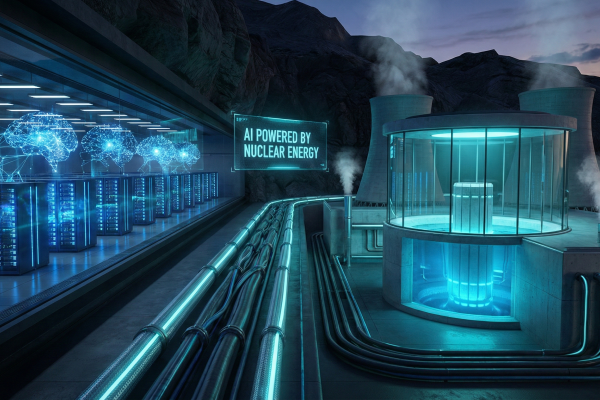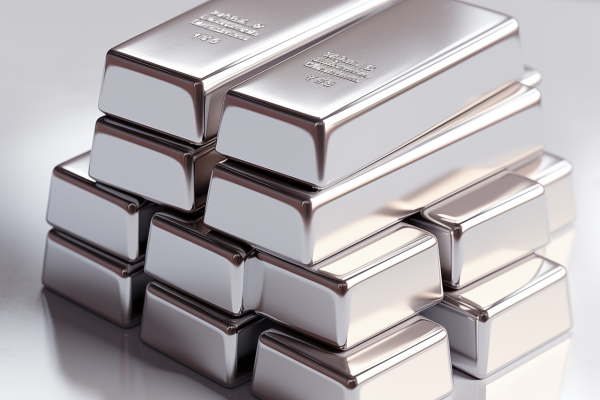July 3rd, 2023 | 08:15 CEST
Norway plans rare earths coup - but at what cost? Rheinmetall, Mercedes-Benz, Defense Metals
Tanks are rolling through Europe once again. Since February 24, 2022, the Ukraine war has kept the world on edge. But even on Germany's roads, vehicles weighing several tons are rolling around in the form of SUVs. While in China, a 700 kg city runabout is winning the hearts of customers, in Germany, even the lower middle class like to show off. Today we look at what this means for the hunger for critical raw materials, why Norway now wants to mine rare earths at the bottom of the sea, and what promising land alternatives exist.
time to read: 3 minutes
|
Author:
Nico Popp
ISIN:
RHEINMETALL AG | DE0007030009 , MERCEDES-BENZ GROUP AG | DE0007100000 , DEFENSE METALS CORP. | CA2446331035
Table of contents:

"[...] While tungsten has always played an important role in the chip industry, it is now being added to batteries for e-cars. [...]" Lewis Black, CEO, Almonty Industries
Author
Nico Popp
At home in Southern Germany, the passionate stock exchange expert has been accompanying the capital markets for about twenty years. With a soft spot for smaller companies, he is constantly on the lookout for exciting investment stories.
Tag cloud
Shares cloud
Mercedes-Benz: More mass instead of class?
The Wuling Hongguang Mini EV weighs less than 700 kg and is a big hit in China. The co-production of SAIC and General Motors strikes a chord with city dwellers and would also be a suitable second car in Germany to transport children and groceries on short trips in a climate-neutral manner. But in Germany, SUVs dominate. Hardly anyone buys classic small cars anymore. The problem with this trend is that larger cars require more power to move them over long distances. Larger cars require more critical metals and exacerbate the supply deficit of rare earths and the like. Manufacturers like Mercedes-Benz have long since eliminated small vehicles from their portfolios. A luxury strategy should ensure that margins remain stable and the brand with the star continues to shine. A small car would only get in the way.
The war in Ukraine also creates increased demand for critical elements such as rare earths. The Federal Academy for Security Policy already highlighted in 2019 the strategic importance of rare earths for the economic and military security of the West. This is mainly about China's market dominance in rare earths, which to a large extent still exists today, and the role of rare earths in military equipment. The elements are found not only in expensive SUVs but also tanks, boats and aircraft. In an F-35 jet, there is still 400 kg, and in a Virginia-class submarine, about 10 times as much. For the rare earth market, the war in Ukraine will likely ensure increased demand for a long time. After all, the commitments to rearmament and deterrence are only being implemented gradually.
Mining planned in the sea: Self-sufficiency from China at any cost?
Given the military importance of rare earths, but also because of the latent economic conflict between East and West, deposits in Western industrialized countries should be even more in demand in the future than they already are. Mining for rare earths is now set to be permitted off Norway's coast. The area in question is half the size of France**. Despite protests from environmentalists, the government in Oslo is sticking to its plans, citing the importance of rare earths for the energy transition as the main reason. However, independence from China also speaks in favor of the deep-sea project - even if the costs for underwater mining are likely to be enormous.
Defense Metals: Rare earths from Canada with convincing key data
A rare earths project in a Western industrialized country is also pushing Defense Metals. The Wicheeda property is 4.24 hectares in size and is located near the mining town of Prince George in the Canadian District of British Columbia. The nearest major port, Port of Prince Rupert, is 500 km away and is connected via road and rail. An initial economic assessment of the Wicheeda rare earths project is already available. This assumes a pre-tax net asset value of CAD 761 million** at a discount rate of 8%. The project could generate annual sales of CAD 381 million and pay back the capital investment after just 5 years. The calculations are subject to change as investment costs and world market prices for rare earths change, but the project should be easier to implement than, for example, the planned mining off the coast of Norway.
The Wicheeda project, with its location in North America, is also likely to benefit from the USA's efforts to become increasingly independent of imports from China. As a neighbor and raw material country, Canada is an obvious import partner, for example, to secure the supply of critical elements for the mobility, climate and defense transition. Defense Metals shares were trading at EUR 0.27 at the beginning of the year but then fell. At current prices of around EUR 0.17, the Company is valued at only about CAD 55 million. Given the growing demand for rare earths and the desire of many Western industrialized countries to become more self-sufficient in critical elements, the Company could be of interest to long-term investors.
While stocks like Rheinmetall and even Mercedes-Benz have done well in recent months, stocks like Defense Metals may now have catch-up potential. Despite investors showing risk aversion due to high interest rates, the risk appetite could quickly return if there is a prospect of falling interest rates. Therefore, it may be worth keeping the Defense Metals share in mind.
Conflict of interest
Pursuant to §85 of the German Securities Trading Act (WpHG), we point out that Apaton Finance GmbH as well as partners, authors or employees of Apaton Finance GmbH (hereinafter referred to as "Relevant Persons") currently hold or hold shares or other financial instruments of the aforementioned companies and speculate on their price developments. In this respect, they intend to sell or acquire shares or other financial instruments of the companies (hereinafter each referred to as a "Transaction"). Transactions may thereby influence the respective price of the shares or other financial instruments of the Company.
In this respect, there is a concrete conflict of interest in the reporting on the companies.
In addition, Apaton Finance GmbH is active in the context of the preparation and publication of the reporting in paid contractual relationships.
For this reason, there is also a concrete conflict of interest.
The above information on existing conflicts of interest applies to all types and forms of publication used by Apaton Finance GmbH for publications on companies.
Risk notice
Apaton Finance GmbH offers editors, agencies and companies the opportunity to publish commentaries, interviews, summaries, news and the like on news.financial. These contents are exclusively for the information of the readers and do not represent any call to action or recommendations, neither explicitly nor implicitly they are to be understood as an assurance of possible price developments. The contents do not replace individual expert investment advice and do not constitute an offer to sell the discussed share(s) or other financial instruments, nor an invitation to buy or sell such.
The content is expressly not a financial analysis, but a journalistic or advertising text. Readers or users who make investment decisions or carry out transactions on the basis of the information provided here do so entirely at their own risk. No contractual relationship is established between Apaton Finance GmbH and its readers or the users of its offers, as our information only refers to the company and not to the investment decision of the reader or user.
The acquisition of financial instruments involves high risks, which can lead to the total loss of the invested capital. The information published by Apaton Finance GmbH and its authors is based on careful research. Nevertheless, no liability is assumed for financial losses or a content-related guarantee for the topicality, correctness, appropriateness and completeness of the content provided here. Please also note our Terms of use.




